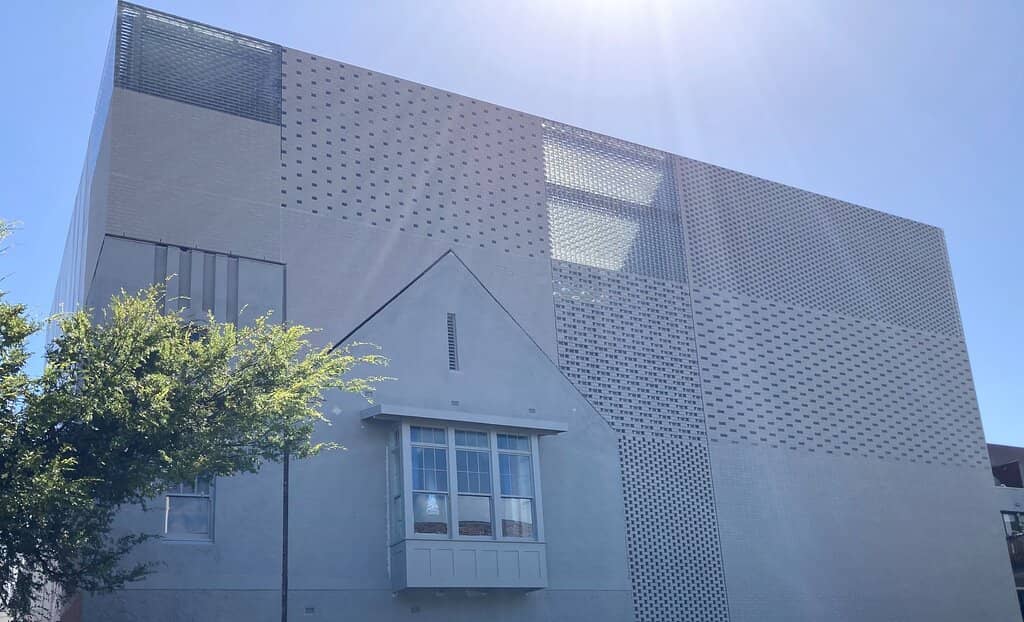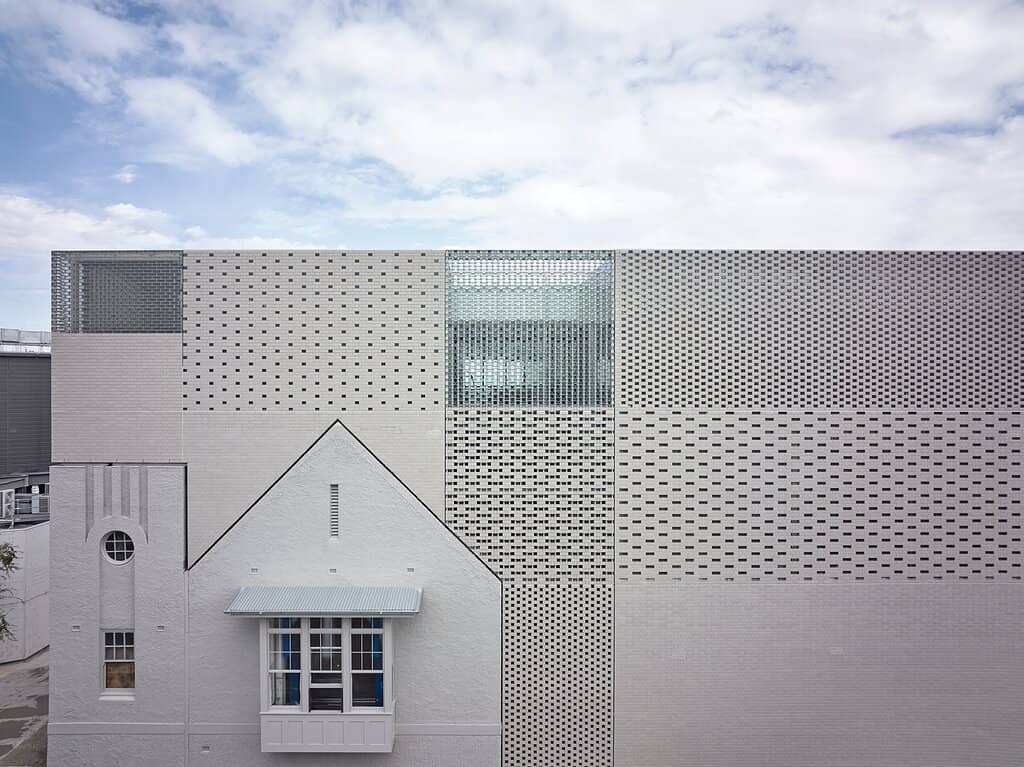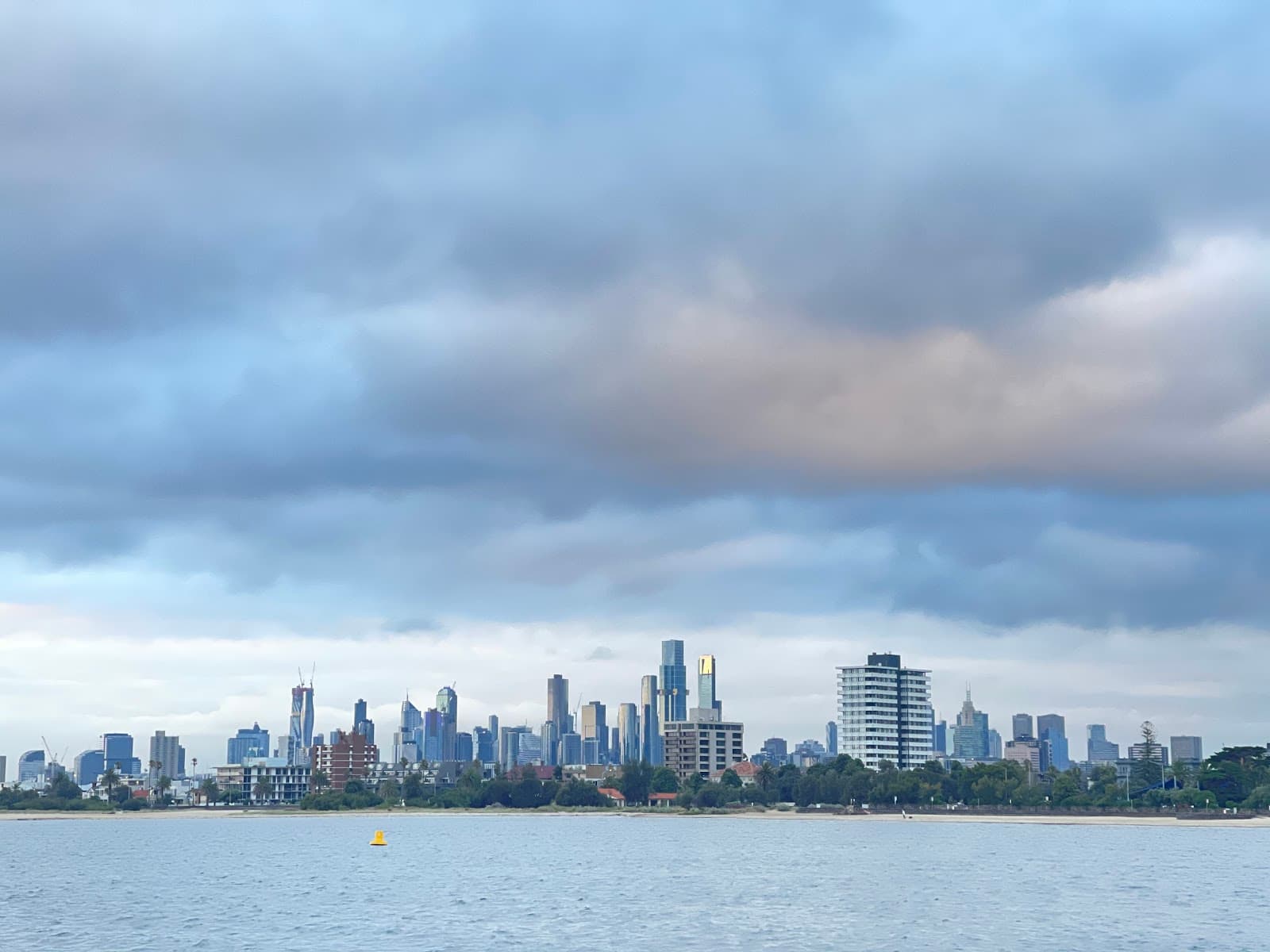
Melbourne Holocaust Museum Melbourne
A deeply moving museum dedicated to Holocaust remembrance, education, and combating denial through survivor stories and historical artifacts.

Highlights
Must-see attractions

Social
From TikTok & Reddit
Best Time
Guided tours available

Melbourne Holocaust Museum Melbourne
Best Time
Guided tours available

Highlights
Must-see attractions
A deeply moving museum dedicated to Holocaust remembrance, education, and combating denial through survivor stories and historical artifacts.
"An incredible eye-opener! A MUST place to visit, very educational but incredibly heartbreaking!"

Allocate Ample Time
Visitors recommend spending several hours to fully absorb the exhibits and survivor stories. :clock1:
Consider a Guided Tour
Guided tours, especially for exhibitions like 'Aftershocks', offer deeper insights and are highly recommended. :walking:

Highlights
Discover the most iconic attractions and experiences

Survivor Testimonies
Hear firsthand accounts from Holocaust survivors, offering a powerful and personal connection to history. #NeverForget

Aftershocks Exhibition
Sidney Nolan Gallery
Explore Sidney Nolan's confronting Holocaust series, brought to life through guided tours. A poignant artistic reflection.

Underground: Ringelblum Archive
New Premises
Witness the first exhibition outside Europe of the Ringelblum Archive, crucial eyewitness documents from the Warsaw Ghetto.

The Memorial Room
New Premises
A thoughtfully designed space for remembrance and reflection, honoring the millions of lives lost.
Plans like a pro.
Thinks like you
Planning Your Visit
Plan Your Visit for Impact
Emotional Preparation is Key
Best Times
Insider Tips
from TikTok, Instagram & Reddit
Allocate Ample Time
Visitors recommend spending several hours to fully absorb the exhibits and survivor stories. :clock1:
Consider a Guided Tour
Guided tours, especially for exhibitions like 'Aftershocks', offer deeper insights and are highly recommended. :walking:
Donations Welcome
Entry is free, but donations are crucial for the museum's operation and highly appreciated. :moneybag:
Emotional Preparedness
Be prepared for a deeply moving and potentially tear-jerking experience. :sob:
Tips
from all over the internet
Allocate Ample Time
Visitors recommend spending several hours to fully absorb the exhibits and survivor stories. :clock1:
Consider a Guided Tour
Guided tours, especially for exhibitions like 'Aftershocks', offer deeper insights and are highly recommended. :walking:
Donations Welcome
Entry is free, but donations are crucial for the museum's operation and highly appreciated. :moneybag:
Emotional Preparedness
Be prepared for a deeply moving and potentially tear-jerking experience. :sob:
Purchase Books
The foyer offers a selection of incredible books worth buying to further your learning. :books:
What Travellers Say
Reviews Summary
Visitors consistently describe the Melbourne Holocaust Museum as an incredibly educational, poignant, and deeply moving experience. While heartbreaking and tear-jerking, the museum is praised for its respectful presentation, informative displays, and the invaluable contribution of survivor testimonies. The staff are noted for being well-informed and welcoming, making it a highly recommended visit for anyone seeking to understand this tragic period of history.
"I visited the Centre on my own! Wow! What an incredible eye-opener! A MUST place to visit, very educational but incredibly heartbreaking! This tour will definitely move you to tears! It's free entry, but definitely worth donating towards the Centre. Incredible books worth buying, from the foyer! Highly, highly recommend this place!"
Dory Dory
"The staff do an amazing job, very well informed and very welcoming. This was a real eye opener, I will definitely be going back to see any new exhibitions"
michelle potts
"So informative, a tragic period of time that buggers belief.
The building and spaces are beautifully presented, given the topic an absolute miracle.
The staff were fantastic."
Shirley Minter
What People Like
What People Dislike
Frequently Asked Questions
🚇 🗺️ Getting There
The Melbourne Holocaust Museum is located at 131-141 Flinders Street, Melbourne VIC 3000. It's easily accessible by public transport, with numerous tram routes stopping nearby on Flinders Street. Parking can be challenging in the CBD, so public transport is often the most convenient option.
While there are several car parks in the Melbourne CBD, they can be expensive and fill up quickly. It's advisable to check parking apps or websites for availability and rates if you plan to drive. Public transport is generally recommended.
The museum is designed to be accessible. If you have specific accessibility needs, it's best to contact the museum directly in advance to ensure they can accommodate you comfortably.
🎫 🎫 Tickets & Entry
The museum's opening hours can vary, and it's always best to check their official website for the most up-to-date information before your visit.
While entry is free, booking tickets online in advance is recommended, especially for guided tours, as spots can be limited. This helps manage visitor numbers and ensures a better experience.
Entry to the Melbourne Holocaust Museum is free. However, the museum relies on donations to continue its important work, and visitors are strongly encouraged to donate if they are able.
Yes, you can visit the museum independently. However, guided tours, particularly for special exhibitions like 'Aftershocks,' are highly recommended for a more in-depth understanding.
🎫 🧭 Onsite Experience
The museum features poignant displays, artifacts, and survivor testimonies that educate visitors about the Holocaust. Exhibitions like 'Aftershocks' and 'Underground' offer unique perspectives.
Most visitors recommend allocating at least 2-3 hours to fully experience the museum, absorb the information, and reflect on the exhibits. Some may wish to spend even longer.
Yes, guided tours are available, often focusing on specific exhibitions like Sidney Nolan's 'Aftershocks.' Check the museum's website for tour schedules and booking information.
The museum deals with sensitive and tragic subject matter. It's recommended to consider the age and maturity of children before visiting. Parents should exercise their discretion.
The atmosphere is described as sombre, respectful, and incredibly poignant. The displays are beautifully presented, creating a space for deep reflection.
🍽️ 🍽️ Food & Dining
Information regarding on-site food and drink facilities is not widely available. It's advisable to check the museum's official website or contact them directly for details. Many cafes and restaurants are available nearby in the CBD.
Typically, food and drinks are not permitted inside exhibition spaces in museums to protect the artifacts. It's best to consume any food or beverages outside the museum.
📸 📸 Photography
Photography policies can vary. Generally, flash photography is prohibited to protect exhibits. It's advisable to check for signage within the museum or ask staff for clarification on their photography guidelines.
While general photography rules apply, the museum's focus is on education and remembrance. Capturing the essence of the exhibits through personal reflection is often more impactful than extensive photography.
For Different Travelers
Tailored advice for your travel style
👨👩👧 Families with Kids
For younger visitors, consider focusing on specific aspects like survivor stories of hope or the artistic interpretations that convey emotion without graphic detail. It may be beneficial to have conversations with children before and after the visit to help them process what they have seen and learned.
📚 Students and Educators
Educators can leverage the museum's exhibitions and potential guided tours to create engaging lesson plans. The focus on remembrance, research, and combating denial makes it a critical site for Holocaust education. Planning a visit with a school group should involve pre-visit preparation and post-visit debriefing to maximize the educational and emotional impact.
🤔 Solo Travelers and Reflective Visitors
The museum's layout and the depth of its content, including exhibitions like 'Aftershocks' and the Memorial Room, are designed to encourage personal contemplation. It's a place where you can connect with history on a deeply personal level, making it a highly recommended destination for those seeking a meaningful and thought-provoking experience.
Deep Dives
In-depth insights and expert knowledge
The Power of Survivor Stories
These stories serve as a powerful antidote to Holocaust denial and distortion. By sharing these experiences, the museum ensures that the voices of those who suffered are heard and remembered for generations to come. The commitment to preserving and sharing these narratives is a cornerstone of the museum's mission.
Art as a Medium for Memory
Beyond specific exhibitions, the museum's design itself, including the Memorial Room, is crafted to evoke reflection and remembrance. The thoughtful presentation of artifacts and displays aims to create a respectful and immersive environment, allowing visitors to connect with the past in a meaningful way. The architectural design plays a significant role in shaping the visitor's emotional journey through the museum's sensitive subject matter.
Preserving History with the Ringelblum Archive
The Ringelblum Archive is a testament to the courage of those who risked their lives to document the atrocities they faced. Its presence at the Melbourne Holocaust Museum underscores the institution's commitment to research and historical accuracy, vital in combating misinformation and denial. The exhibition serves as a powerful reminder of the importance of preserving primary source materials for future understanding and education.






Social
from TikTok, Instagram & Reddit